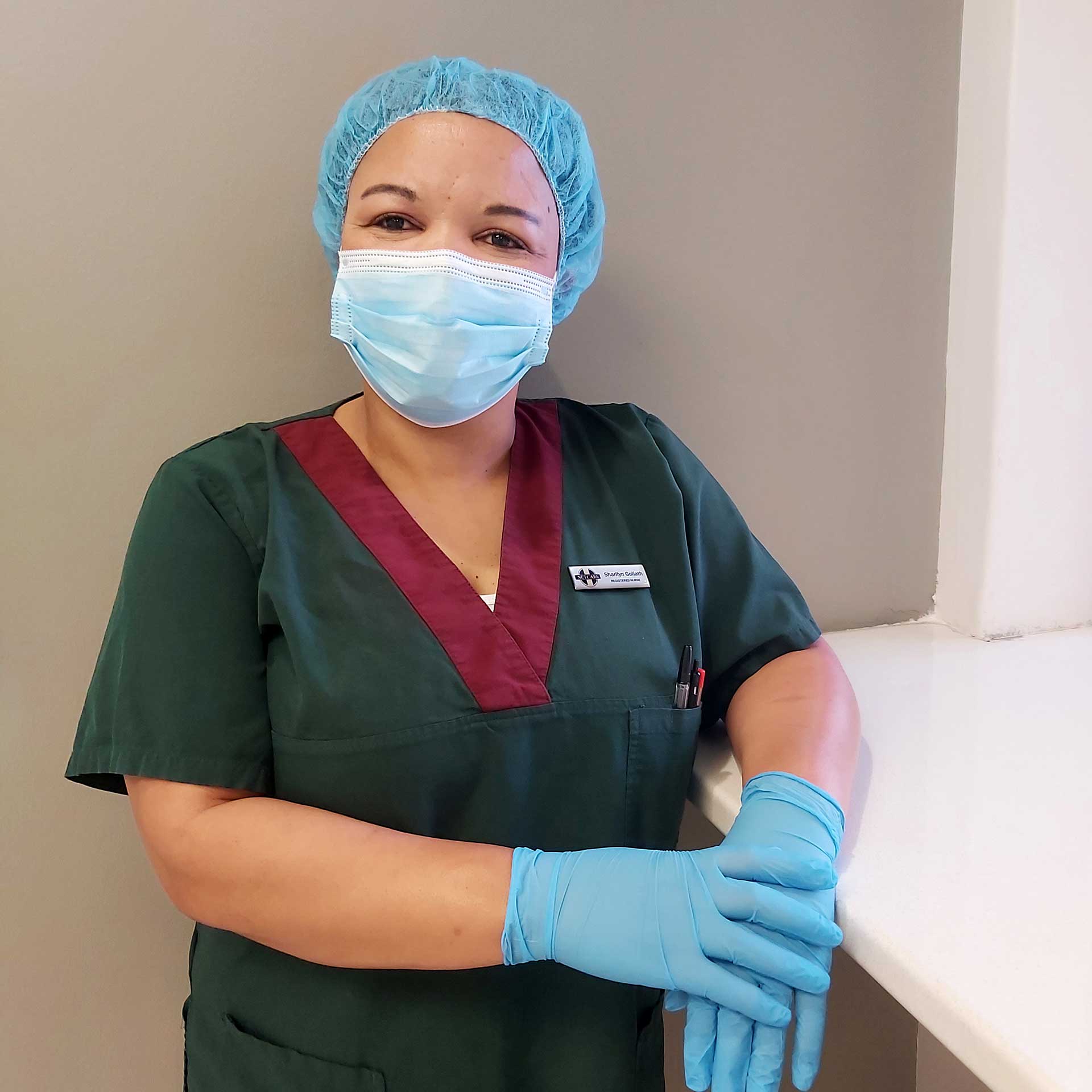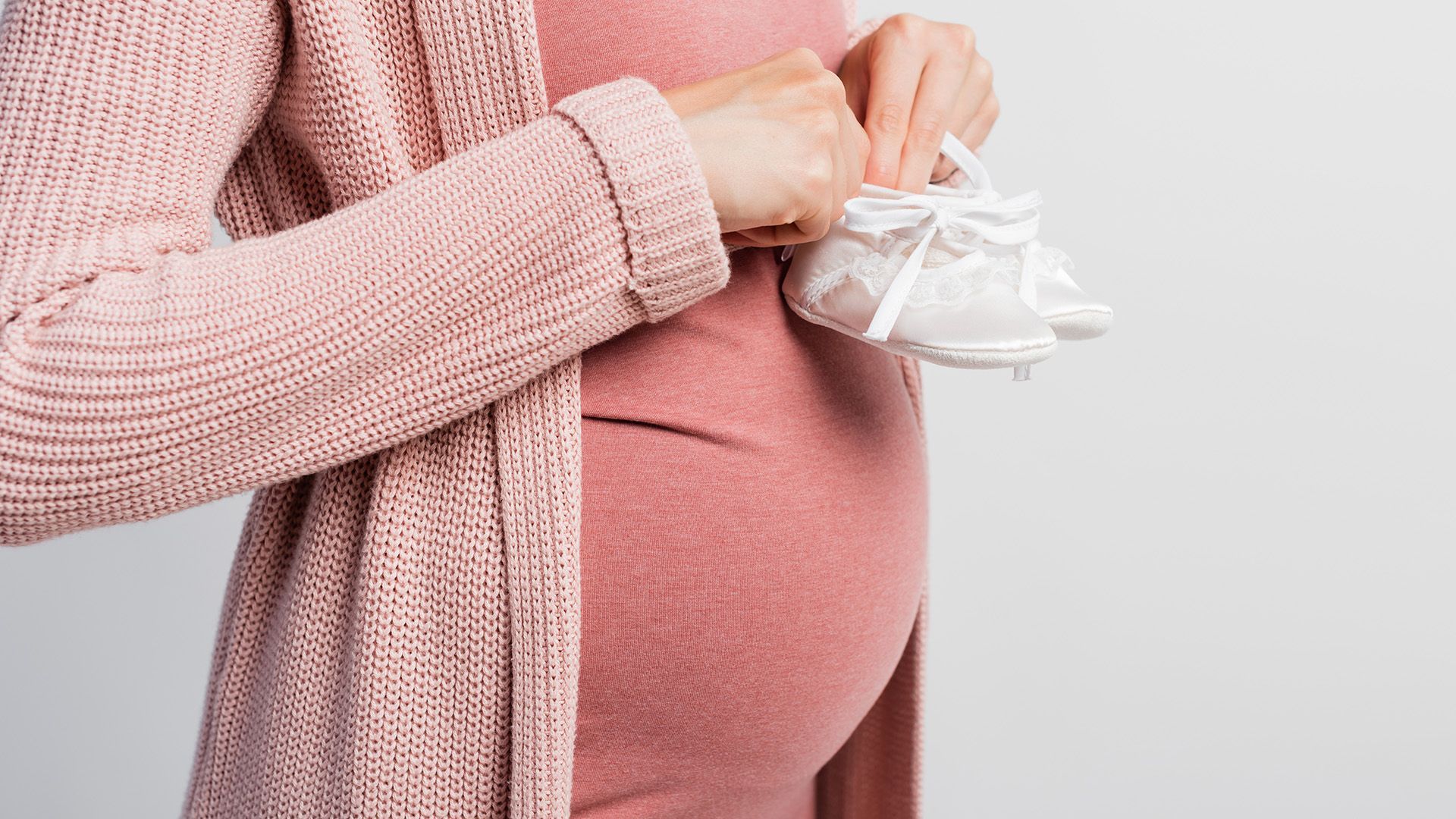Abnormal bleeding during and after pregnancy
When should pregnant women be concerned?
Dr Mzuvele Archwell Hlabisa, an obstetrician and gynaecologist practising at Netcare Kingsway Hospital, says while many people don’t realise that bleeding can occur for over a third of pregnant women due to various reasons, it’s crucial to always ascertain the exact cause.
“While some bleeding is normal in the postpartum period after childbirth, too much bleeding can be life-threatening. It’s not always easy for a woman to determine whether what she is experiencing is normal or not, but a good rule is that any bleeding in and around pregnancy should be checked by a healthcare worker.”
He says that around 35% of women experience bleeding in the first trimester. “As the pregnancy continues, the possibility for bleeding decreases, so it’s reassuring when they get past their mid-trimester, which is the period ranging from 13 to 28 weeks of gestation.”
He warns that bleeding could indicate a miscarriage or a threatened miscarriage. “Bleeding accompanied by severe pain could be related to placental abruption, which is a serious pregnancy complication in which the placenta separates prematurely from the womb. These conditions require urgent assessment by a healthcare worker.”

Obstetrician and gynaecologist,
Dr Mzuvele Archwell Hlabisa
Spotting
In the earliest part of pregnancy, some women may experience spotting called an implantation bleed when the embryo burrows into the wall of the uterus. He explains that generally, the quantity of blood determines whether it is considered spotting or not. “Spotting is usually under a teaspoonful. It can also be caused by a cervical infection, a urinary tract infection or even haemorrhoids during pregnancy. Sexually transmitted infections can also result in bleeding.”
Cause for concern
He warns that the heavier the bleeding, the more concerning the underlying cause could be. “If a pregnant woman experiences any bleeding lasting for an hour or any associated severe pain in her upper or lower back, that may signal a serious problem that requires assessment by a healthcare worker immediately,” Dr Hlabisa says.
“Women might also experience symptoms of anaemia such as headaches, weakness and dizziness. These are danger signs that mean she needs healthcare quickly. There could be reduced blood flow to the placenta, which could be life threatening for the baby. Anaemia could also lead to a preterm delivery.” He cautions that even bleeding which is not severe can have a long-term neurological effect on the baby.
What to expect at the hospital
Dr Hlabisa explains what to expect when seeking medical care for bleeding during pregnancy. “An internal examination may be needed to assess the cause of the bleeding. The woman may have their urine tested for the presence of any blood or have their blood tested to check whether they’re becoming anaemic or to see if there are any underlying bleeding disorders. A basic ultrasound may be done to assess the foetal wellbeing.”
Treatment for abnormal bleeding during pregnancy can be as simple as bedrest, abstinence from sex or treatment with antibiotics if it is caused by a cervical infection, for example. “Anaemic mothers can be given iron tablets, iron infusions or even blood transfusions. The supplements women are advised to take during pregnancy also help to reduce the risk of becoming anaemic.”
If a pregnant mother has an abrupted placenta, she will need immediate delivery. “The treatment for bleeding due to placenta praevia where the placenta is attached low in the uterus, depends on the gestation and how significant the bleeding is. The different treatments are tailored towards the causes.”
After the birth
Regarding postpartum bleeding, Dr Hlabisa explains that immediately after delivery, it’s normal for women to experience bleeding and cramping as the uterus begins to shrink back to its normal size.
“Some women describe this as similar to a moderate menstrual period initially. As the days go by, the flow reduces, and after a week, some women experience no bleeding and then start bleeding again a few weeks later.”
He stresses that in the first six weeks after delivery, it is considered normal to have some bleeding, “but if bleeding causes the mother to have symptoms of anaemia like a headache, weakness or dizziness, the bleeding is probably abnormal.”
Bleeding can also occur from an episiotomy, which is an incision to the birth canal, a tear, or when a piece of the placenta is left behind. Infections can also result in bleeding following pregnancy. “The only way to determine the reason for the bleeding is for the mother to return to medical care.”
The risk factors for abnormal blood loss after childbirth include having a big baby, having twins, a difficult delivery or a prolonged second stage of labour. “An underlying gynaecological condition like uterine fibroids also carries a higher risk of bleeding, while hypertension may mean a higher risk of developing an abrupted placenta. If you have an underlying blood disorder or you are on blood thinners because of a health condition, these may all increase your risk,” explains Dr Hlabisa.
He stresses that it is imperative for women who notice abnormal bleeding to go to their gynaecologist, general practitioner, or nearest medical facility without delay. “Women can help their doctor differentiate between normal postpartum bleeding and abnormal bleeding that requires medical attention by monitoring the rate of their bleeding and taking note of symptoms such as weakness, a fast heartbeat, or light-headedness associated with any amount of bleeding,” Dr Hlabisa says.
“When in doubt, seek help from your medical practitioner without delay.”













